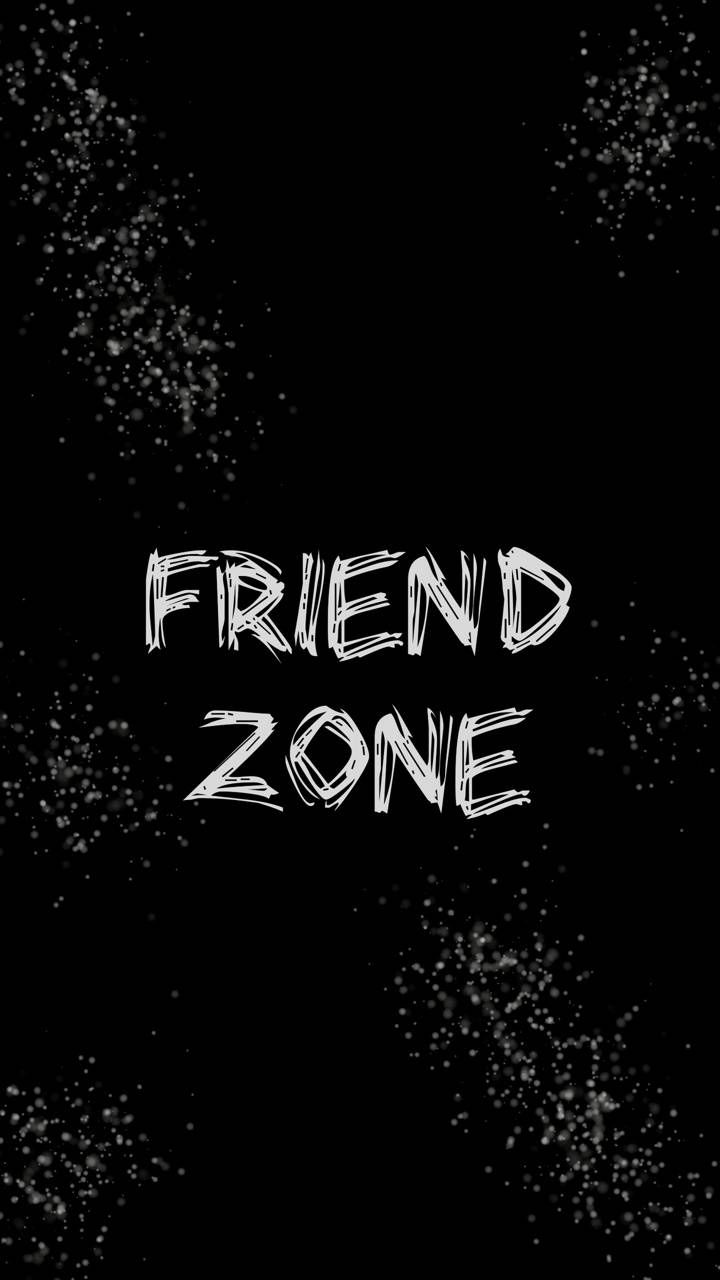Friend Zone

The term “friend zone” has become a common trope in modern dating culture, often evoking mixed emotions and varied interpretations. It’s a concept that encapsulates the dynamic between two individuals where one harbors romantic feelings while the other sees them solely as a friend. This seemingly innocuous phrase has sparked debates, fueled countless discussions, and even inspired movies and TV shows. But behind the catchy phrase lies a complex interplay of emotions, societal expectations, and interpersonal dynamics. In this article, we delve into the friend zone, exploring its nuances, its impact on individuals, and how to navigate relationships within its confines.
Understanding the Friend Zone:
The friend zone is essentially a situation where one person desires a romantic or sexual relationship with another, but that affection is not reciprocated, and the desired partner sees them only as a friend. This dynamic can manifest in various scenarios, from childhood friendships evolving into adulthood to chance encounters where one person hopes for something more.
What complicates the friend zone is the blurred boundaries between friendship and romance. While friendship forms the foundation, unrequited romantic feelings can introduce tension and awkwardness into the equation. It’s a delicate balance where emotions often run high, leading to confusion, frustration, and sometimes heartbreak.
Causes and Consequences:
Several factors contribute to the emergence of the friend zone. Miscommunication or lack thereof plays a significant role, where one party fails to express their true feelings or misinterprets signals from the other. Fear of rejection can also prevent individuals from disclosing their romantic interest, leading them to remain in the friend zone indefinitely.
Moreover, societal norms and gender roles can influence how individuals perceive relationships and navigate the friend zone. Men, in particular, may feel pressured to suppress their emotions and adhere to traditional notions of masculinity, fearing that expressing romantic interest could jeopardize the friendship. On the other hand, women may struggle with the stereotype of being labeled as “clingy” or “desperate” if they express their feelings openly.
The consequences of being in the friend zone can vary widely depending on the individuals involved and the nature of their relationship. For some, it may lead to a sense of unfulfilled longing, while others may come to terms with the situation and prioritize the friendship over romantic aspirations. However, lingering feelings of resentment or disappointment can strain the friendship and even lead to its dissolution in extreme cases.
Navigating Relationships:
Navigating the friend zone requires open communication, honesty, and a willingness to confront uncomfortable emotions. If you find yourself in the friend zone, it’s essential to assess your feelings and intentions honestly. Are you genuinely interested in pursuing a romantic relationship, or are you holding onto unrealistic expectations?
Once you’ve clarified your own feelings, it’s crucial to communicate them respectfully and directly to the other person. While there’s always a risk of rejection, being transparent about your emotions can provide clarity and prevent misunderstandings down the line. However, it’s essential to respect the other person’s boundaries and accept their response gracefully, whether it aligns with your desires or not.
If the feelings are not reciprocated, it’s essential to prioritize the friendship and avoid placing undue pressure on the other person to change their feelings. Instead, focus on fostering a healthy and supportive friendship built on mutual respect and understanding. While it may take time to adjust to the new dynamic, maintaining clear boundaries and communication can help preserve the friendship in the long run.
Alternatively, if both parties are open to exploring a romantic relationship, it’s essential to proceed with caution and approach the transition mindfully. Take the time to get to know each other on a deeper level outside of the friendship context and be prepared for potential challenges that may arise along the way.
Conclusion:
The friend zone is a complex and multifaceted phenomenon that embodies the intricacies of human relationships and emotions. While it can be a source of frustration and heartache for some, it also presents an opportunity for growth, self-discovery, and deeper connections. By understanding the dynamics at play, communicating openly and honestly, and respecting each other’s boundaries, individuals can navigate the friend zone with grace and empathy, ultimately fostering stronger and more meaningful relationships, whether romantic or platonic.





